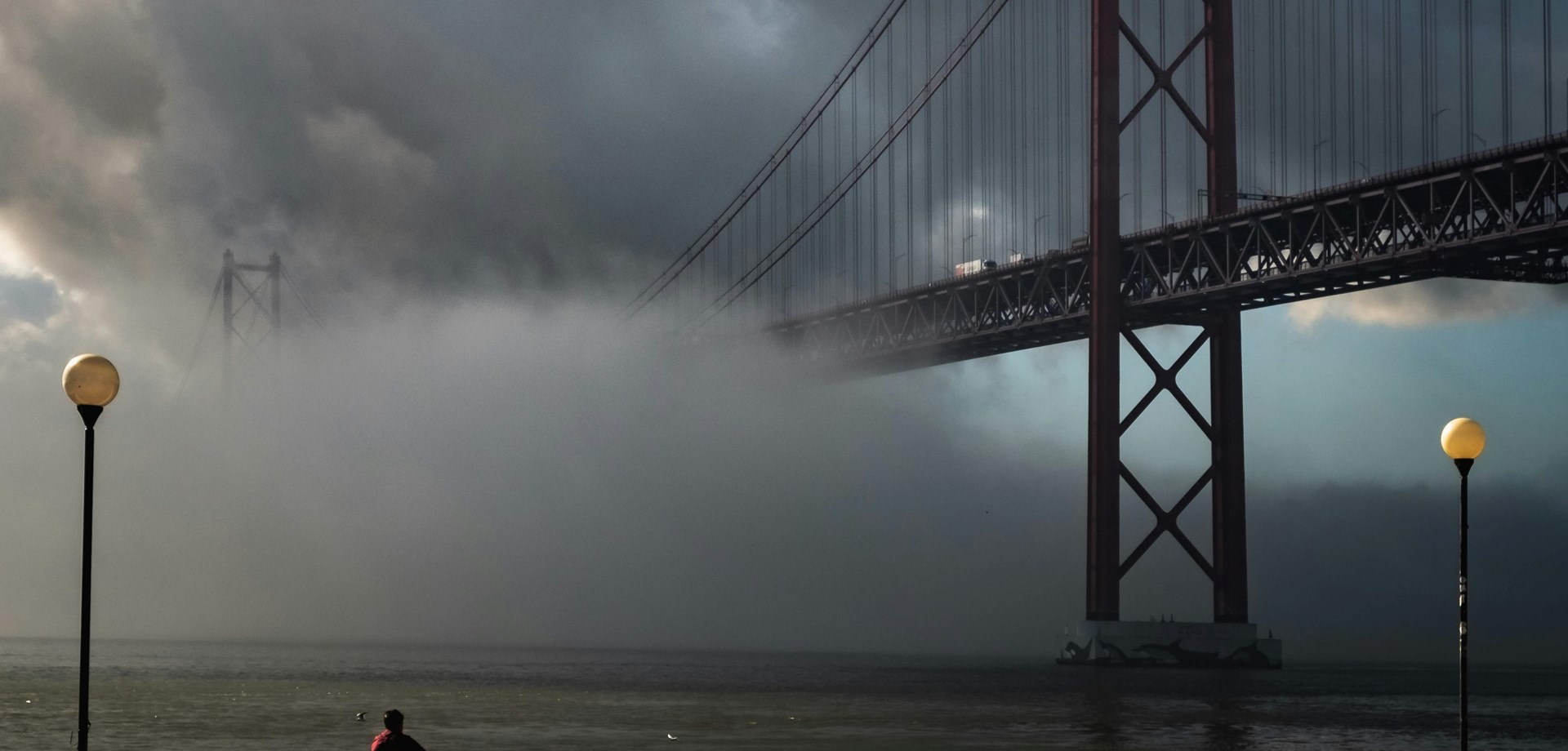10 things you should know before visiting Lisbon
31 October 2024

10 things you should know before visiting Lisbon
-
1. Lisbon is very mountainous, but the tours are rewarded with magnificent views at the top, from several viewpoints. Each offers a different perspective, and lookout-hopping is one of the city's most memorable (and Instagram-worthy) experiences.
-
2. The coast around Lisbon has a variety of beautiful beaches. Some have the perfect waves for surfing, others don't have waves, but they're all clean and sandy. Some are crowded, others are wild and almost deserted. If you're in town in the spring and summer months, try extending your stay by one or more days at the beach.
-
3. Lisbon is one of the oldest cities in Europe (it's the second oldest capital after Athens), but most of the center dates back to the late 1700s. That's because one of the worst earthquakes on record destroyed most of it in 1755, and it had to be completely rebuilt. Only four central neighbourhoods predate the disaster - the old Alfama and Mouraria below the castle, Madragoa near the riverfront and Bairro Alto, situated in the early 1500s on a hill. Strolling through these historic neighborhoods is one of the most rewarding experiences in the city, especially if you like to photograph.
-
4. Lisbon began as a Phoenician trading port called Alis Ubbo ("Costa Delícia"), then became part of the Roman empire, before being taken over by the Visigoths and Moors. When the new nation of Portugal was founded in 1139 in the north of the Iberian Peninsula, the king decided to expand his territory and conquered the lands to the south, which included Lisbon, in 1147. It became the Portuguese capital in 1385, and ended up ruling a global empire in the "Age of Discovery" (15th and 16th centuries). The city's most iconic landmarks date from this last period, including the Belém Tower and the Jerónimos Monastery , both World Heritage Sites and prime examples of Manueline architecture (a late Portuguese Gothic style).
-
5. To reach the top of the highest hills, nothing beats the good old trams and funiculars. Lisbon preserves old vehicles with wooden interiors, and they pass through some of the most picturesque streets in the city. The only downside is that they are public transport, so they are always crowded and can be uncomfortable if you can't get a seat. Fortunately, there are now tourist-only routes where you can always comfortably enjoy the ride and the views along the way: Lisbon tram tours
-
6. One of the most striking features of Lisbon is the use of decorative tiles to adorn entire facades. These can be geometric patterns, solid colors, or monumental murals. The tradition began in the 1700s, and is often still applied to modern buildings. Inside churches and palaces, you'll see mostly blue and white panels from the Baroque period, creating distinctive architecture that you won't see anywhere else in the world.
-
7. Lisbon has become a major hub for street art, with two big local names leaving their mark on the city: Vhils (who sculpts faces on buildings) and Bordalo II (who creates art from garbage). You're sure to come across his pieces as you walk through the city, along with works by foreign artists.
-
8. Lisbon is one of the few cities in the world that has developed its own musical style. Buenos Aires has its tango, New Orleans has jazz, Rio de Janeiro moves to samba and Seville dances flamenco, while Lisbon listens to fado. These are mostly nostalgic and melancholic poems recited to the sound of guitars, but you don't have to understand the words to feel the emotion of a performance. It is heard in the "fado houses", which are restaurants with live performances by professional or amateur singers, mostly in the neighborhoods of Alfama, Mouraria and Bairro Alto.
-
9. A mild climate invites Lisboners to enjoy their nights on the streets. No weekend in the city is complete without bar-hops in the neighborhoods of Bairro Alto and Cais do Sodré - everyone buys a drink inside and chats at the door or on the street, before moving to another bar to repeat the dose.
-
10. The younger generation in Lisbon speaks English very well, so you won't have any problems communicating. Still, learn a few basic words in Portuguese: "obrigado" (never use "gracias" — you're not in Spain!)


